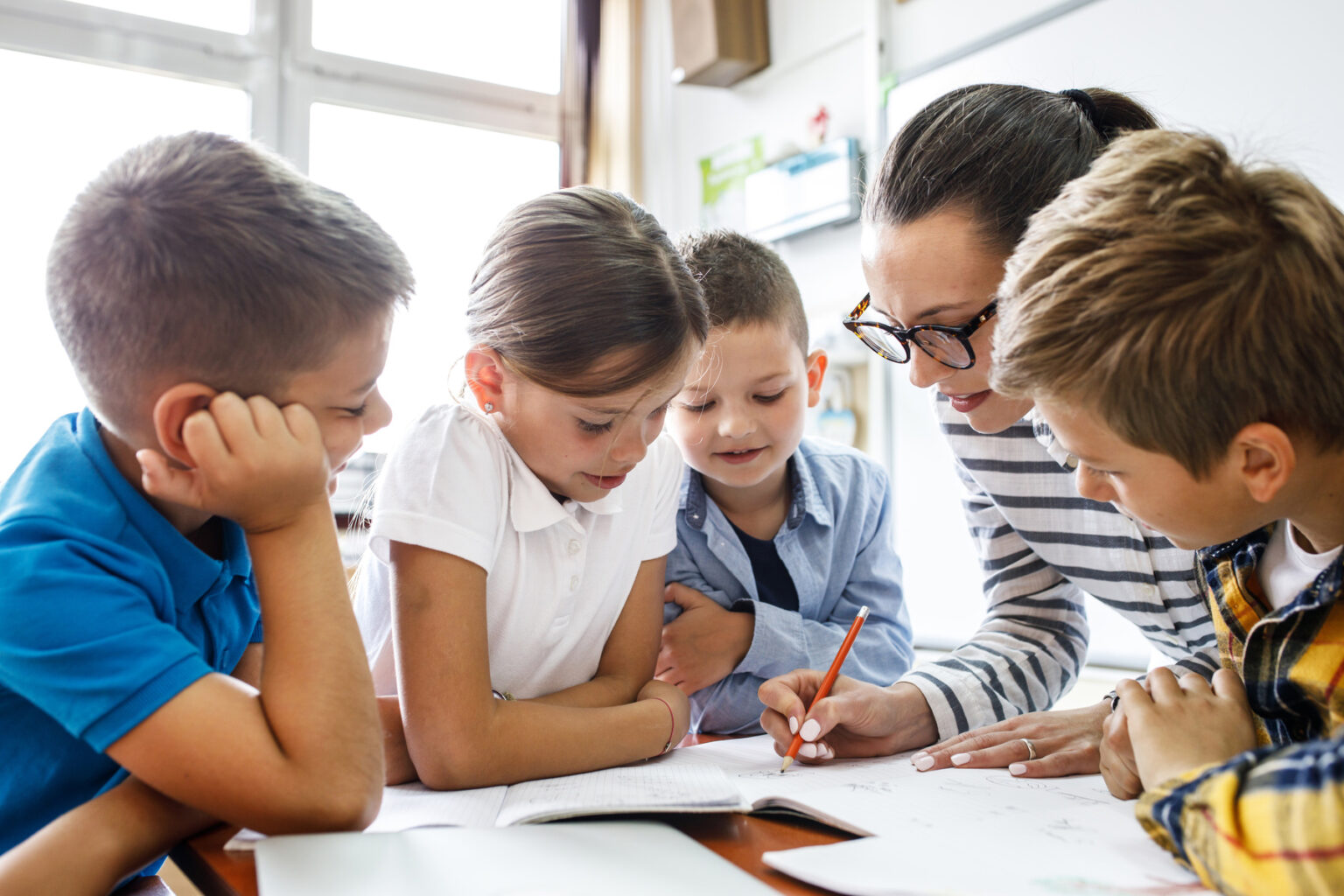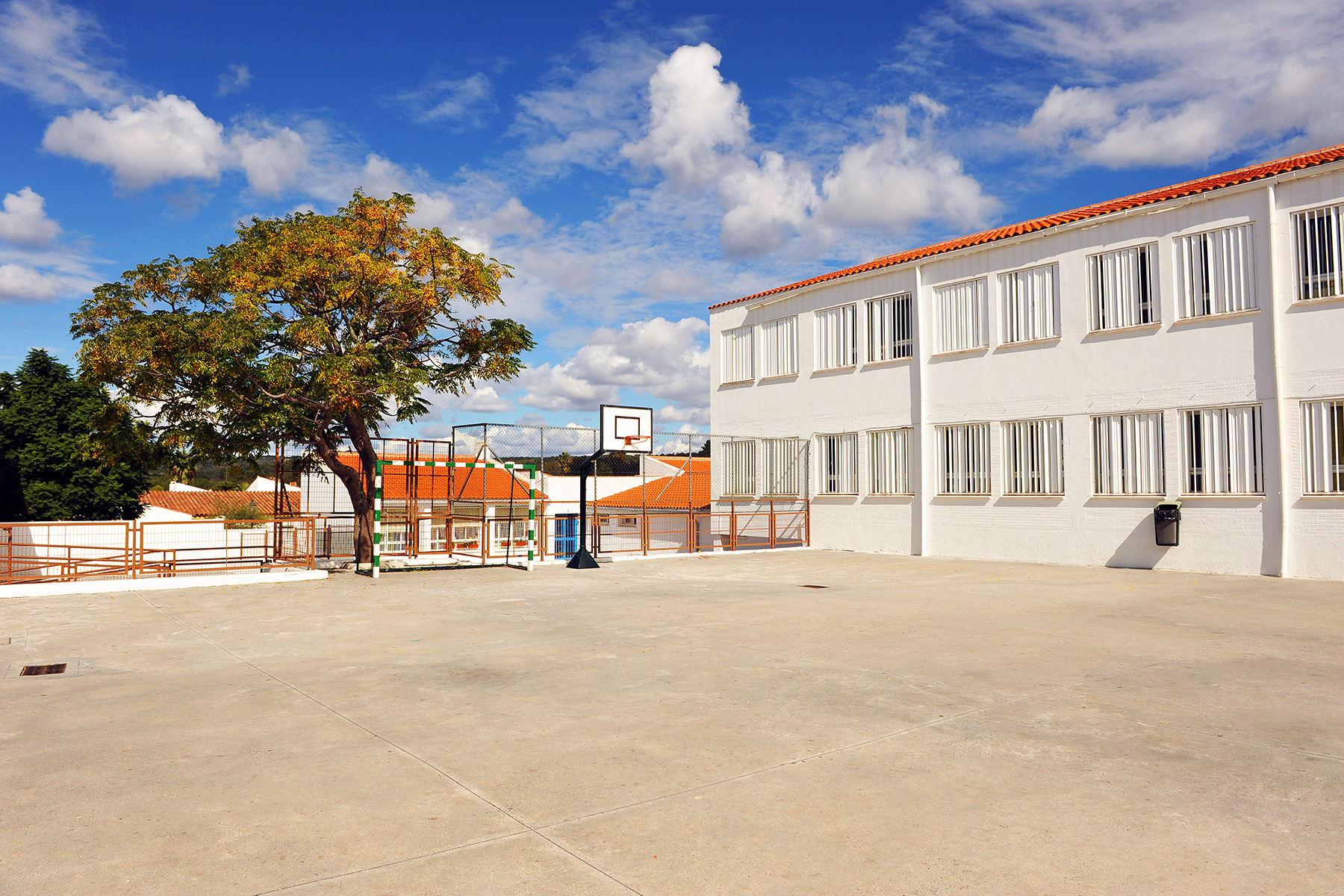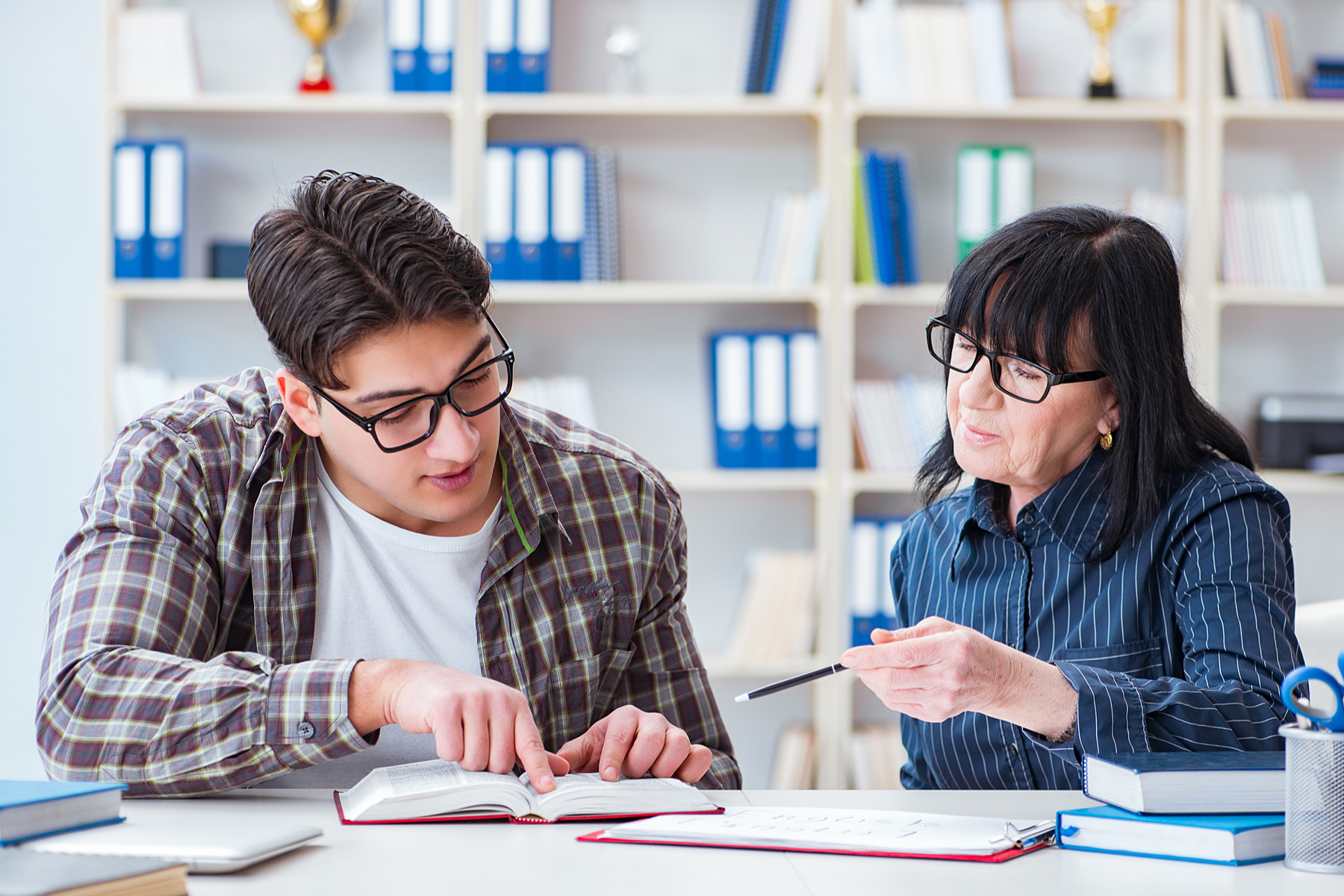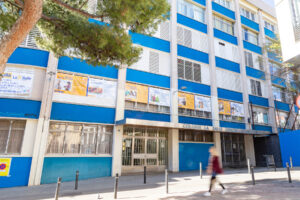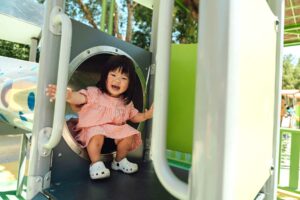Understanding the schooling system in Spain can be a daunting task, especially if you face a language barrier. However, our helpful guide is here to walk you through each level of education in the country, from preschool up to university. Along the way, we will also explain the financial aid and support available to expat parents.
The guide includes the following information:
- An overview of education in Spain
- Preschool education in Spain
- Primary education in Spain
- Secondary education in Spain
- International qualifications in Spain
- Graduating in Spain
- Financial aid and scholarships in Spain
- Educational support for expats in Spain
- Support for children with special educational needs (SEN) in Spain
- Changing schools in Spain
- Chances for parental involvement in schooling in Spain
- Homeschooling in Spain
- Useful resources
Cigna Global
Enjoy peace of mind for your family while living in Spain with Cigna Global’s long-term international health insurance plans (12+ months). Get tailored coverage, direct billing with many providers, complex case management, and global care on demand, with access to a network of 1.5+ million doctors, specialists, and pediatricians.
An overview of education in Spain
Fortunately for expats, the quality of education in Spain is relatively high. In fact, the country scores 491 in reading literacy, mathematics, and sciences, which is above the OECD average of 486. Furthermore, the Spanish can expect to go through nearly 18 years of education, between the ages of 5 and 39, which is also more than the OECD average of 17.2 years.
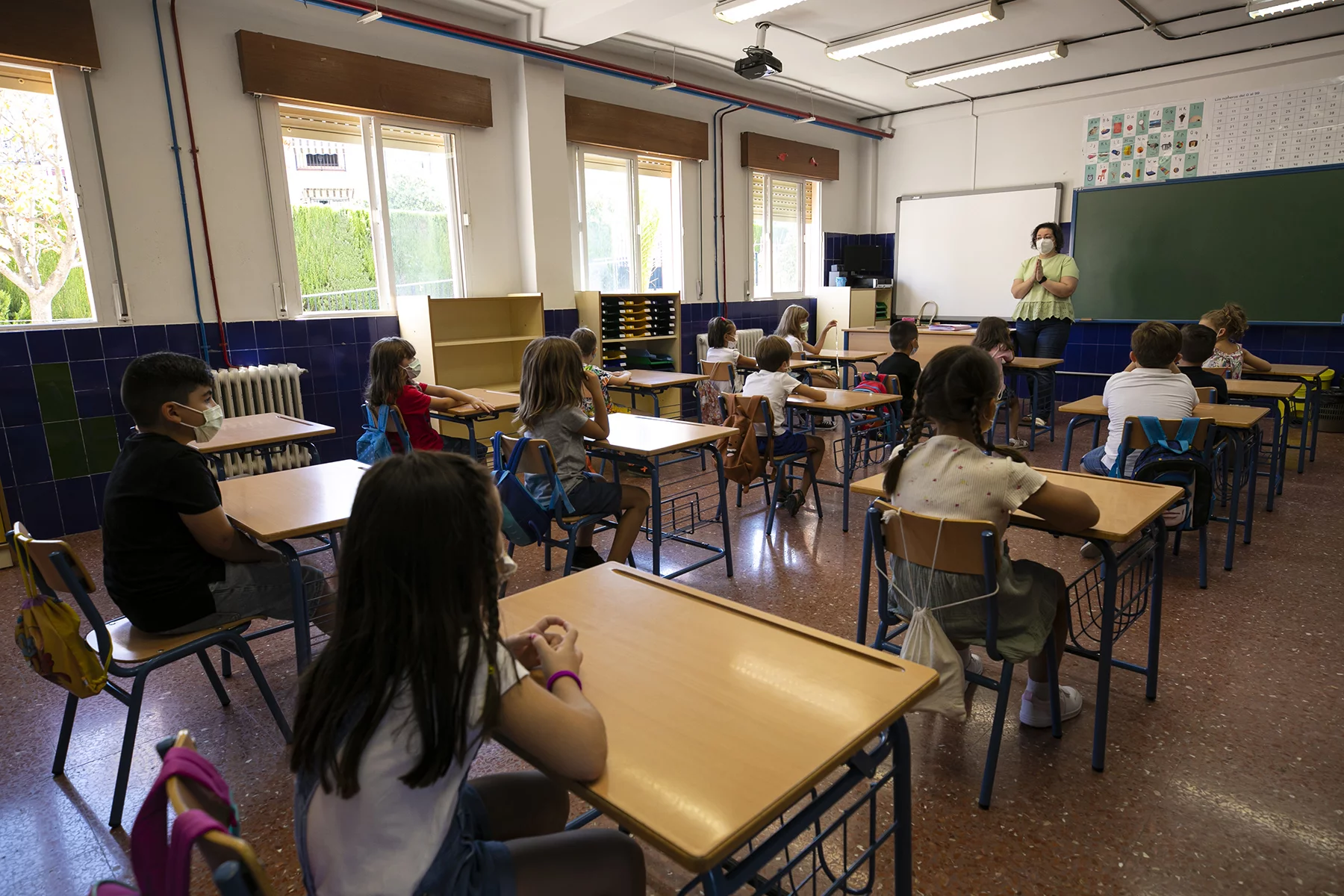
Schools in Spain are governed by the Ministry of Education and Vocational Training (Ministerio de Educación y Formación Profesional). However, they work more directly with the local autonomous communities (Comunidades Autónomas), which allocate funding, guide the curriculum, and oversee education standards.
Spanish schools fall into three groups: state-funded (colegios públicos), state-subsidized private (colegios concertados), and privately-funded (colegios privados) which include international schools.
The education system in Spain comprises four stages:
- Infant school (Escuela Infantil): ages 0 to 6
- Primary education (Educación Primaria): ages 6 to 12
- Obligatory secondary education (Educación Secundaria Obligtoria): ages 12 to 16
- University preparation (Bachillerato) or vocational training (formación profesional): ages 15 to 18
In Spain, school is only compulsory between the ages of six and 16 (Educación Primaria and ESO). After that, students can choose whether to continue on to higher education, either at a university or a vocational school. Notably, in recent years, the Spanish authorities have been improving vocational courses in order to address the high unemployment rate in the country.
Preschool education in Spain
While preschool education (Educación Infantil) is not compulsory in Spain, almost all children complete it. Preschool education is split into two cycles: a first cycle (primer ciclo) for children up to the age of three, and a second cycle (segundo ciclo) for children aged three to five. Primer ciclo is provided at nursery schools (guarderías), while segundo ciclo is taught at preschools (escuelas infantiles). The educational department of the local autonomous community is responsible for these schools.
Children as young as a few months old can attend guarderías in Spain. These function mainly as a low-cost childcare option. Families with a low income or other children might also be eligible for financial support for guardería enrollment. However, after the age of three, public preschools do not charge for attendance. You can read more about this on our guides to childcare and daycare and preschools in Spain.
Primary education in Spain
The primary school system in Spain
Educación Primaria is compulsory in Spain and begins at the age of six and continues until 12 years of age. The local authority (Comunidades Autónomas) is responsible for primary education in Spain and strives to ensure a free place for each child in a primary school in their local area.
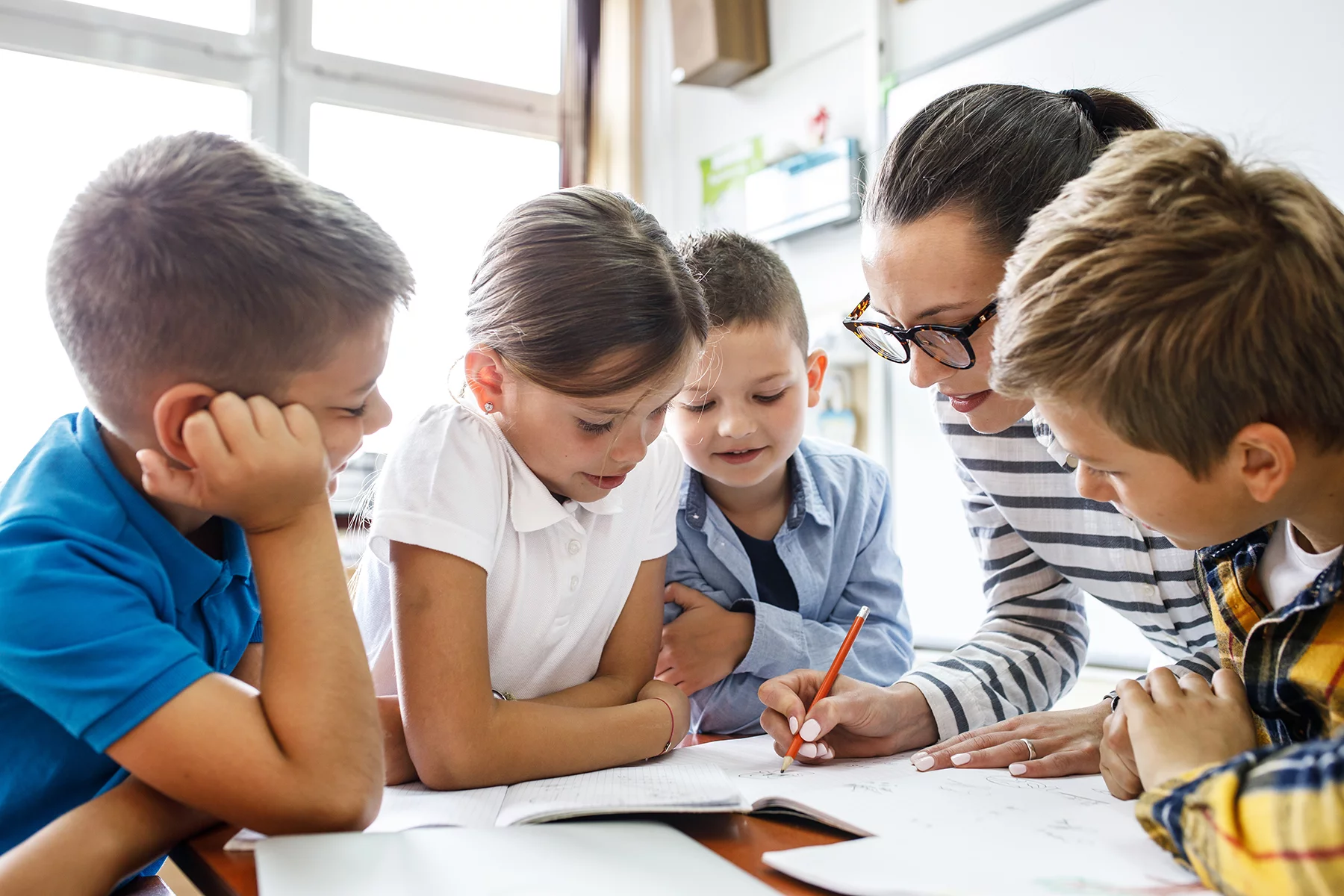
During their time at school, children undergo formative and summative assessments in order to track their progress. Parents get regular updates, and at the end of the year, they receive a record showing their child’s results for each subject.
At the end of their third year, children take an assessment in mathematics and language. They also take an assessment in these subjects at the end of their sixth year, along with science and technology. It is possible to repeat years, but only once in each stage, and only when there is no other option.
Public primary schools in Spain
While public primary schools in Spain are free to attend, parents might still need to pay for books and other items their child requires. Schools have a lot of freedom as to how they teach the curriculum, so it is wise to research the results of the local schools that you are interested in.
All primary schools in Spain must provide core subjects including natural sciences, social sciences, Spanish literature and language, mathematics, and a first foreign language. At least 50% of teaching time is dedicated to these core subjects, leaving time to teach other subjects such as second languages; for example, Galicia, Catalonia, the Basque Country, or Valencia. While the different Comunidades Autónomas can offer advice, schools and teachers generally make their own decisions when it comes to teaching methods.
Parents can choose which school to enroll their child in, however, this is within limits. Children usually attend the school that is nearest to their home, but when schools are full, spare places are given following a points-based system. This considers any siblings that already attend the school, how close the school is to the child’s home or parents’ workplaces, the family’s income, and any disabilities the child may have.
Private primary schools in Spain
Although most children in Spain attend a state school, about 32% study at a private or semi-private school. These schools charge fees, which vary significantly depending on the children’s ages and the type of private school.
The types of private schools in Spain include:
- Colegios concertados – partially subsidized by the Spanish government, they must follow the Spanish authorities’ standards. At least 25% of the student body must be Spanish. It is worth checking whether you need to pay a fee before enrolling.
- Colegios privados – these fully private schools receive all their funding from fees. Some charge around €300 per year, but fees can reach €10,000 or €30,000 for boarders. Some offer alternative courses such as the International Baccalaureate (IB).
- Schools teaching alternative methods, such as Montessori, Waldorf-Steiner, and Reggio Emilia Schools.
- Religious international schools – these are mostly Christian, but there are some Jewish schools, too.
Some private schools in Spain also provide boarding facilities and special educational needs (SEN) support, making them attractive to certain families, depending on their circumstances.
There are also 281 International Schools in Spain. These schools are located in 28 different cities, with the majority being in Madrid (56) and Barcelona (47). International schools are popular among expat families with short postings in a new country, such as embassy staff and NGO workers.
Secondary education in Spain
Secondary education in Spain is split into two stages: Educación Secundaria Obligatoria (ESO) and Bachillerato or professional training. ESO is compulsory, whereas Bachillerato, or preparation for university, is not.
Compulsory secondary education in Spain (ESO)
All children must attend school in Spain until the age of 16. Between the ages of 12 and 16, most students attend a secondary school called an Instituto. The four compulsory secondary years (cursos) are divided into two stages (ciclos): 1st to 3rd curso and 4th curso. In the first ciclo, students can repeat two years, but they can only repeat the 4th year if they have not repeated any of the other years.
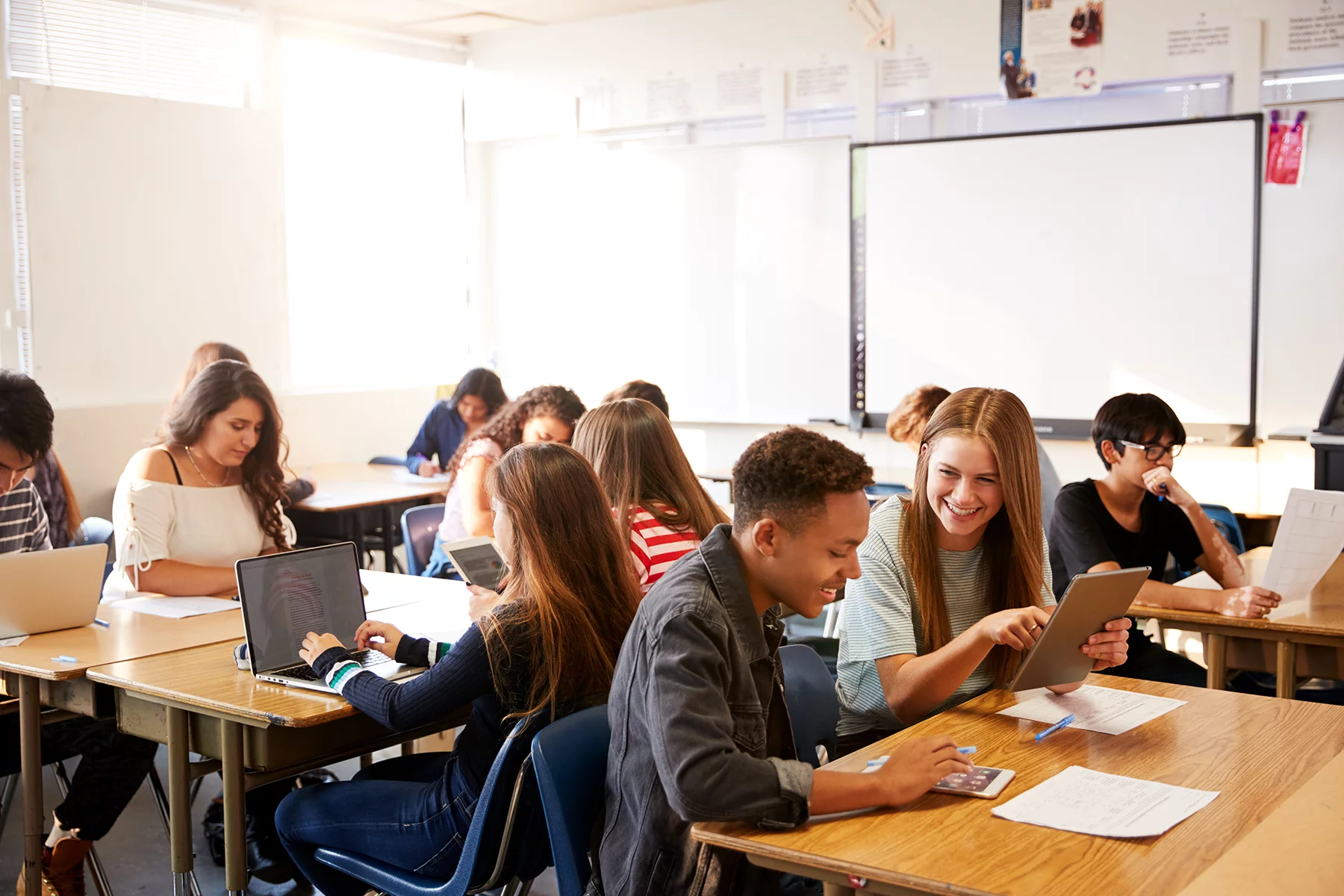
At the end of the compulsory stage, students receive a certificate to confirm that they have passed compulsory lower secondary education (Título de Graduado en Educación Secundaria Obligatoria). However, if they don’t pass their subjects, they receive a report showing how long they have studied and their results for each subject.
Bachillerato
Once students have their final certificate, they can take the Bachillerato to prepare for university. They often study this at the same school as their compulsory education. Students may also take the Bachillerato if they have a Sports Technician Certificate (Técnico Deportivo) or Plastic and Arts Design Certificate (Técnico de Artes Plásticas y Diseño).
The Bachillerato is a two-year course that prepares students for university exams. Students must take compulsory core subjects combined with four more subjects of their choice. If a student opts for vocational education, they must study the same core subjects as well as applied and business-related subjects.
Public secondary schools in Spain
While public secondary education in Spain is free, students might need to pay for textbooks and other learning materials. Although secondary education in Spain doesn’t rank as highly as primary education, the pass rate for upper secondary education has increased in recent years.

At public secondary schools, students study core subjects – including mathematics, science, Spanish, and a first foreign language – as well as several other specific and optional subjects. These include business, culture, music, religion or ethics, physical education, and a second foreign language. In areas of Spain that have a co-official language – such as Catalonia, Galicia, Valencia, and the Basque Country – schools might also teach in that language or offer it as an extra subject.
The Ministry of Education and Vocational Training (MEFP) sets the base curriculum in Spain, and regional educational authorities complete it. Each school can then adapt it to meet their students’ needs, and teachers can decide how they teach it.
Private secondary schools in Spain
In addition to having purely private schools, Spain is also home to a variety of other schools, including the following:
- Colegios concertados – these state-subsidized schools follow the same syllabus as public schools and must meet the same standards and inspections.
- International schools – if you are in Spain for a short time, then it might be worth looking into international schools. There are both bilingual international schools and those which teach in another country’s language. There are English, French, German, Italian, and Swedish-speaking schools in Spain.
- Method schools – if you want to expose your child to a different way of learning, then Spain has Montessori, Waldorf-Steiner, and Reggio-Emilia schools. Some also offer ESO and the Bachillerato.
- Religious schools – Catholicism is the dominant religion in Spain, and 15% of schools are Catholic, making up 58% of subsidized private schools.
- Boarding schools – these are a good option for children who live far from their school of choice. However, while boarding schools in Spain are often of a high standard, prices can be steep. For instance, boarding places at international schools can cost more than €30,000 a year.
International qualifications in Spain
One of the advantages of international schools for expats in Spain is that they provide qualifications that are recognized the world over.
Barcelona High School
Barcelona High School is an international American School in Barcelona, Spain. The school provides the US curriculum and High School Diploma, and is the only school to offer the AP program. This Social Wellness School provides student-centered learning so your child is ready for a bright international future.
For example, the International Baccalaureate (IB) has become more common in Spain in recent years. While it is mostly taught in private and international schools, more and more state and state-subsidized private schools have begun teaching it. Nowadays, the IB is treated the same as Spanish high school certificates when applying for university. It is also recognized worldwide.
Furthermore, many schools offer country-specific qualifications, such as the American Advanced Placement (AP). This qualification provides high school students with university-level coursework and exams in subjects ranging from calculus to literature. It also allows them to demonstrate readiness for university, prepare for admission to top academic institutions, and earn university credit for US schools. Barcelona High School is the designated AP exam center for Europe by the College Board.
Graduating in Spain
When students in Spain finish compulsory education, they receive the Título de Graduado en Educación Secundaria Obligatoria (GESO). As long as they pass mathematics and Spanish (or the co-official language), they can then graduate with all but two of their chosen subjects. Afterward, they may choose to study either the Bachillerato or vocational training.
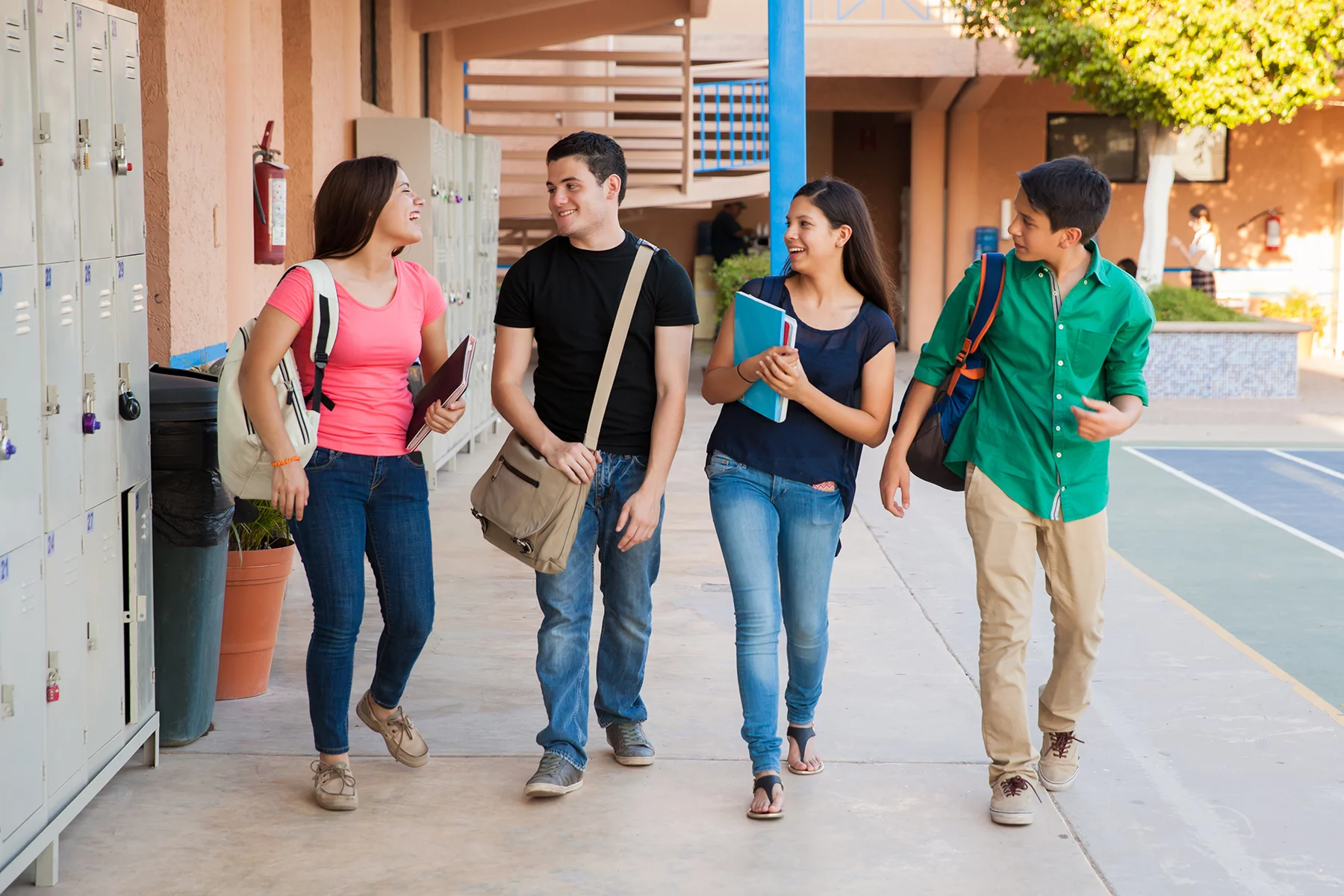
Once students have their Bachillerato, they take Spanish University Admission Tests (Evaluación de Acceso a la Universidad – EvAU/EBAU). These exams, which are also known as Selectividad, are set by Spanish public universities and are based on Bachillerato subjects.
Students who have completed their basic vocational training can go on to study intermediate vocational training and receive a technician certificate. After this, they can either follow higher vocational training or take the Bachillerato.
Financial aid and scholarships in Spain
Spain’s Ministry of Education offers a range of financial aid for families with children under the age of 18. This can come in the form of direct finance, grants for travel and school supplies, or tax relief.
For instance, families earning under €12,313 per year can receive €341 per child per year. There are also birth and adoption benefits for large families or multiple births. Financial support is also available for single-parent families and parents with chronic illnesses.
Other direct financial help is available for families with children with a disability, and this is assessed according to the degree of disability. There is also funding for specific costs such as fees, transport, and meals. These can be covered for children with disabilities, behavioral disorders, and autism. To apply, children must be over two years old and have a certificate that states that they need support. This is available from a Center for Special Needs (Centro de Valoración y Orientación de Discapacitados).
Educational support for expats in Spain
In recent years, Spain has increased support for children who are learning Spanish as a second language. As well as providing extra help in the classroom, schools might also teach lessons in Spanish or the local language in a separate language classroom (Aula Temporal de Adapción Lingüística – ATAL). Some schools also support and encourage children to learn their native language outside of school hours.
There are also several organizations and programs that help to promote bilingual education in Spain, as follows:
- Bilingual Education Programme (PEB) – launched by the British Council, this program supports bilingual and bicultural schools in Spain.
- Bachibac – the French and Spanish education ministries help students to attain both the French Baccalauréat and Spanish Bachillerato.
- The International Baccalaureate Organization – this supports students who are studying the IB program.
- Instituto Camões – this offers the Portuguese Language and Culture Programme which teaches Portuguese culture while supporting students.
- Arabic language and Moroccan culture program – launched by the Spanish and Moroccan governments, this initiative helps students of Moroccan origin to fit into Spanish culture while teaching Arabic language and Moroccan culture. It is also available to Spanish students.
As well as these programs, Spain has several groups that support language learning for expats. For example, the Instituto Cervantes promotes Spanish learning worldwide and teaches people of all ages.
Support for children with special educational needs (SEN) in Spain
In Spain, schools encourage all children to attend mainstream schools. However, help is at hand for those with special educational needs (SEN); known as Necesidades Educativas Especiales (NEE) in Spanish. For instance, children can receive grants to pay for extra support. To obtain this, they must be assessed by a local Centro de Valoración de Discapacitados.
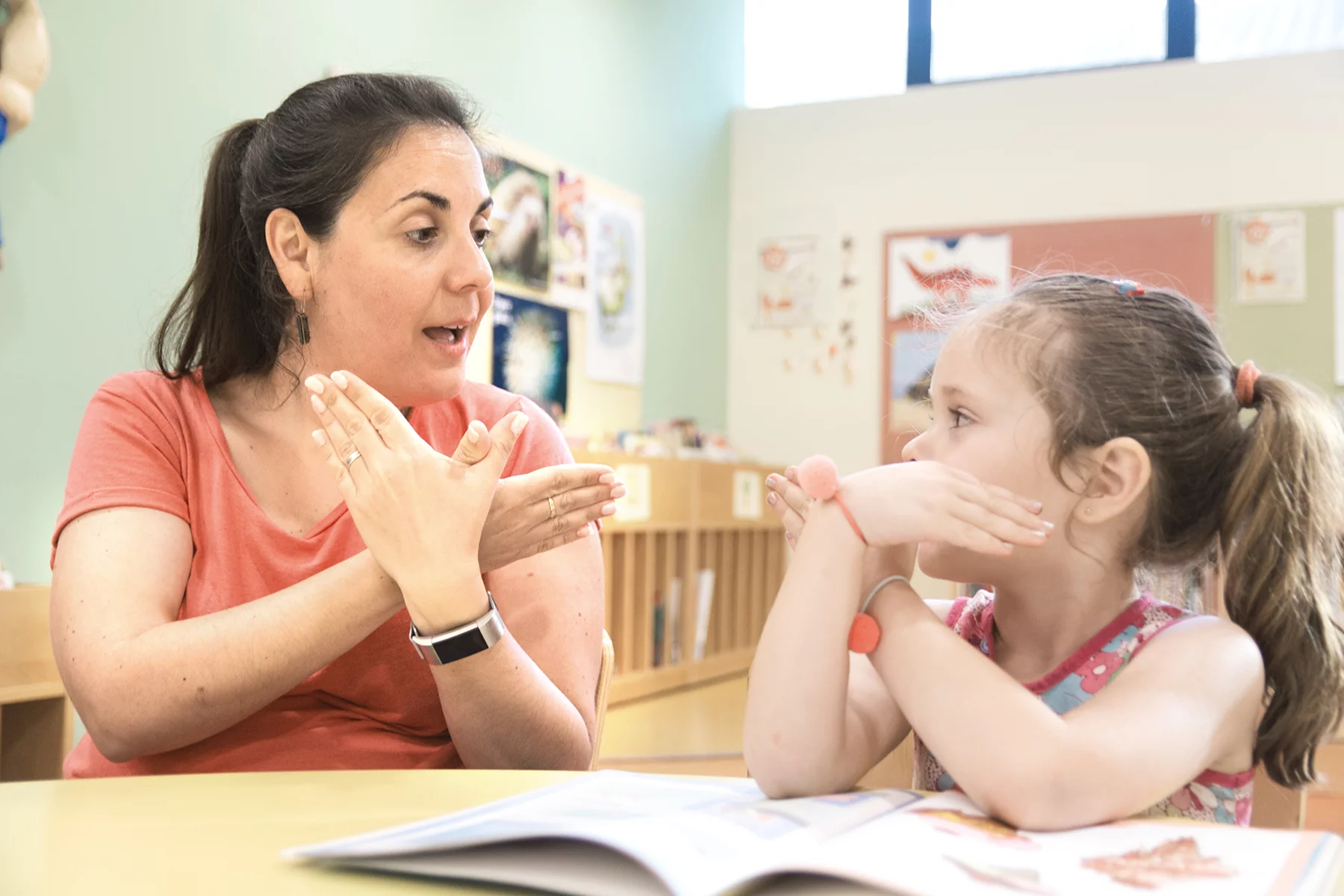
If students need to attend a separate school, their progress might also be monitored to see if they can return to the mainstream system. Schools also support students’ mental health by providing counseling to improve self-esteem and thinking skills. If a pupil requires therapy, then staff will refer them to an outside specialist.
Many organizations in Spain strive to raise awareness of SEN and offer support to parents and families. For example, the National Association of Centers for Special Education (ANCEE) aims to improve SEN education. In Madrid, the Madrilenian Association of People with Special Educational Needs (AMPNEE) also champions the rights of people with different abilities.
Changing schools in Spain
If you move to a new city or find that a school does not suit your child, then you might think about changing schools. While children can change schools in Spain, most parents wait until the end of the school term or year before moving their child.
The process for changing school is similar to that of enrolling. However, you might need to prove a change of address or show a report from the school. You should contact the educational department of your local autonomous community to find out which documents you will need.
Chances for parental involvement in schooling in Spain
One of the best ways for parents to engage with their child’s education is to join a Parent Teacher Association (Asociación de Madres y Padres de Alumnos). Known informally as AMPAS, these groups help schools with decisions and activities. For example, they might help request funds, plan activities, give feedback, or even organize transport. Notably, their duties vary from community to community.
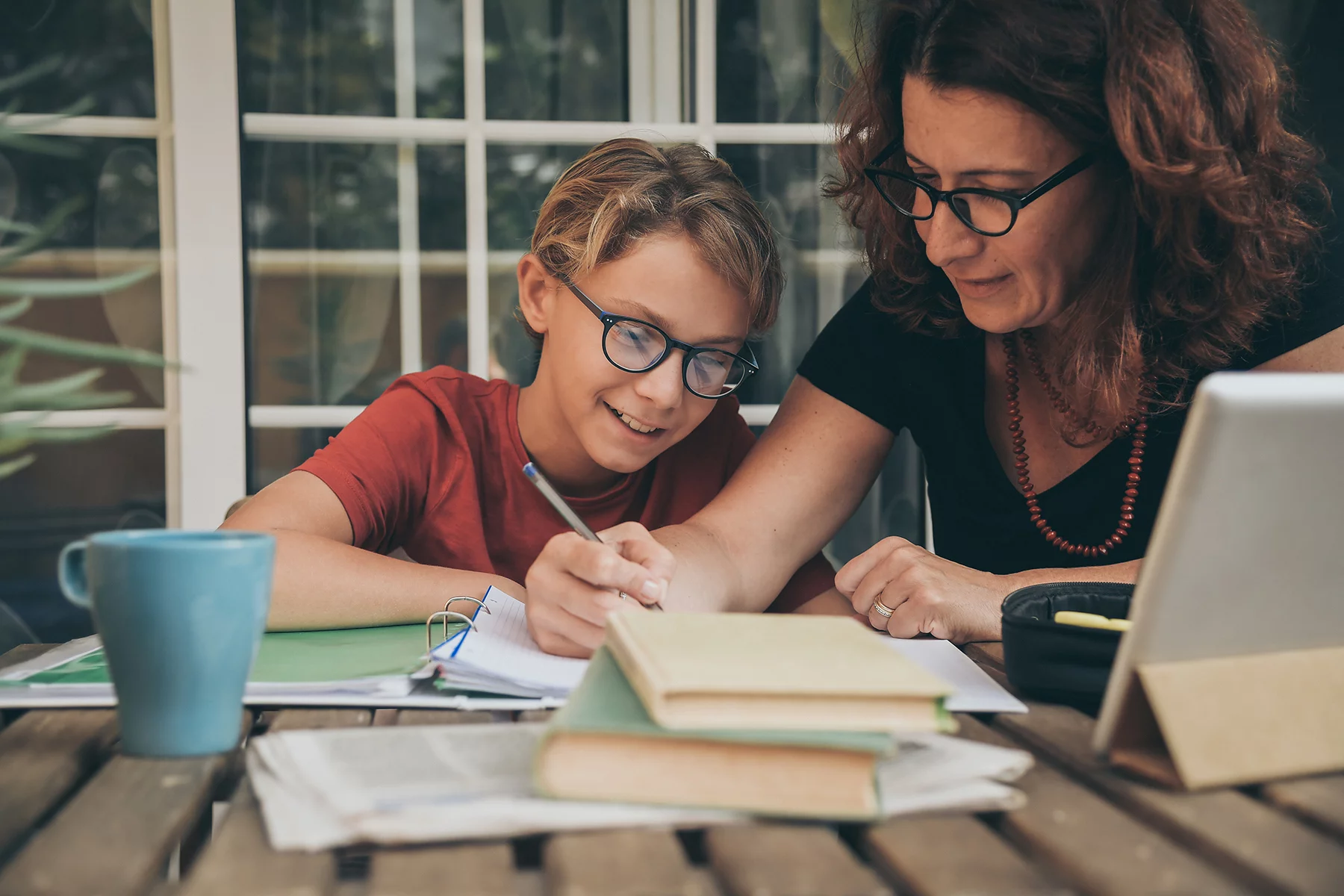
The board of governors (Junta Directiva) manages the AMPAS. If you are keen to take the lead in your school’s activities, there are several posts to run for. The school sets up Junta Directiva elections and plans the general assembly to agree on budgets.
Homeschooling in Spain
While homeschooling in Spain is permitted, it is far from simple. The law states that all children must be in school between the ages of 6 and 16. In fact, parents whose children do not attend school can face fines from the Ministry for Education. Homeschooling can also be a contentious subject in Spain. That said, determined parents can seek more information from the Association for Free Education (Asociación por la libre educación – ALE).
Useful resources
- Ministry of Education and Vocational Training – provides information and news about Spanish education
- Eurydice – delves into the details of education in Spain and the other Erasmus+ countries
- Instituto Cervantes – offers advice and resources for learning Spanish at any age
- British Council in Spain – helps British people in Spain connect with their country of origin and their new home
- profeNEE Asociaciones – provides information about national and local organizations for SEN support in Spain
